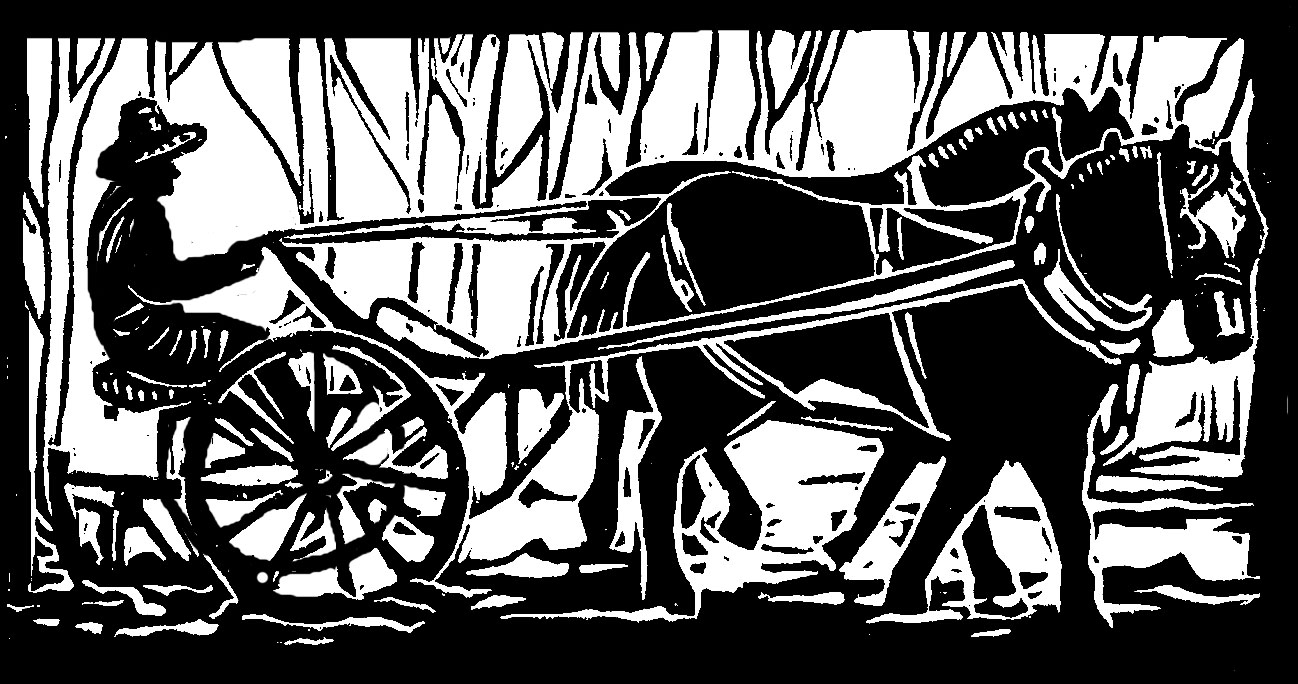Recently, in a meeting with our farmer-friend-colleagues, my fellow and I were asked how our 2018 garden season shaped up. We instantly launched into a detailed description of weather, equipment, and crop woes, simultaneously shaking our heads and making feeble jokes about it all.
“This has been one of our toughest years farming,” we finished up, and our farmer friends all nodded sympathetically. They had such looks of tender concern that I turned to my fellow and said, “Let's see, can we think of anything cheerful to tell these people?”
The nice bunch of people chuckled, and my fellow farmer said, “Well . . .” he looked at me. Neither of us wanted to discourage the other farmers with our sad stories.
“We have every intention of doing it again next year?” he said, the question mark strong in his voice, looking at me and laughing. I laughed too, and one of our colleagues said, “At least you're laughing!”
We are still laughing, and we are also glad to say goodbye to the end of this tough gardening season. One of the bright spots has certainly been joining this group of farmer-friend-colleagues. The group began meeting monthly for an hour or two last winter, with the idea of helping increase support for local farmers from our communities, as well increasing access to high-quality, local produce for all income levels. Early on, the conversation turned to more ways we farmers could support each other, and thus “Farmers Helping Farmers” was born.
“Farmers Helping Farmers” is a practical group. Sometimes we have a written agenda for our meetings, and sometimes we don't, because we're all scrambling around in our fields with no time to write agendas. There is a mission statement, however, which was written during the slower winter months: “Farmers Helping Farmers is a group of Monadnock Region small farmers who choose to recognize each other as allies and friends rather than competitors. We would like farming to be a viable and valued vocation, and for the high quality food we grow to be accessible to more people in our communities. While the group is intentionally led by farmers, we welcome support from other individuals and organizations. ”
For the past several months, our practical support of one another has manifested in working parties at each other's farms. We have weeded carrots on two farms, weeded lettuce and salad greens on another, dug heirloom dahlia tubers on a fourth, and had potlucks at most every farm. Our potlucks tend to feature the fast and fresh crop of the week: a bowl of sugar snap peas and a basket of husk cherries, grated carrots with dressing, lettuce greens, watermelon. Luckily there also seems to be at least one farmer who's not having a farm crisis on meeting day, and comes with an actual cooked dish: pasta and beef and greens, zucchini bread, apple crisp. Once we even hand-cranked vanilla ice cream together, in a devil-may-care flourish of worn-out, mid-season farmers.
The food is good, and the company is good, and the ideas are good. We exchange tips on planting and harvesting, on CSA membership and produce sales, on keeping records and keeping sane. Speaking of farmer sanity, it's also been mighty fine to see how big the weeds are in each other's gardens.
“We totally lost this section,” said one farmer, as we waded through waist-high weeds at his farm.
“This looks just like our carrot patch!” said another.
“Yeah, I sent my apprentice into a section with the weed-whacker the other day, to see if she could find any crops under there!” added a third.
We all laughed then, a little giddily. It sure is nice to know that other farmers have the same troubles we do: huge weeds, too much work, too little time, and, of course, painfully tight budgets. We are all working towards environmental sustainability, physical sustainability (as in, can our farmer muscles hold up the enterprise, or will we gimp over to the compost pile, settle down right on the black, rich, warm, sweet-smelling stuff, and then gaze at the blue sky, to seriously contemplate another career? Or perhaps we should lie down in the unfinished part of the compost, the raw horse manure and the rotting vegetable scraps, in the pouring rain. Then we might really be serious about another career), and the ever-pressing financial sustainability.
In any case, anything we famers can do to help each other makes it more possible that we will all keep farming, even after a tough season, for another year.
Originally published in the Monadnock Shopper News, Nov 21-Nov 27, 2018
